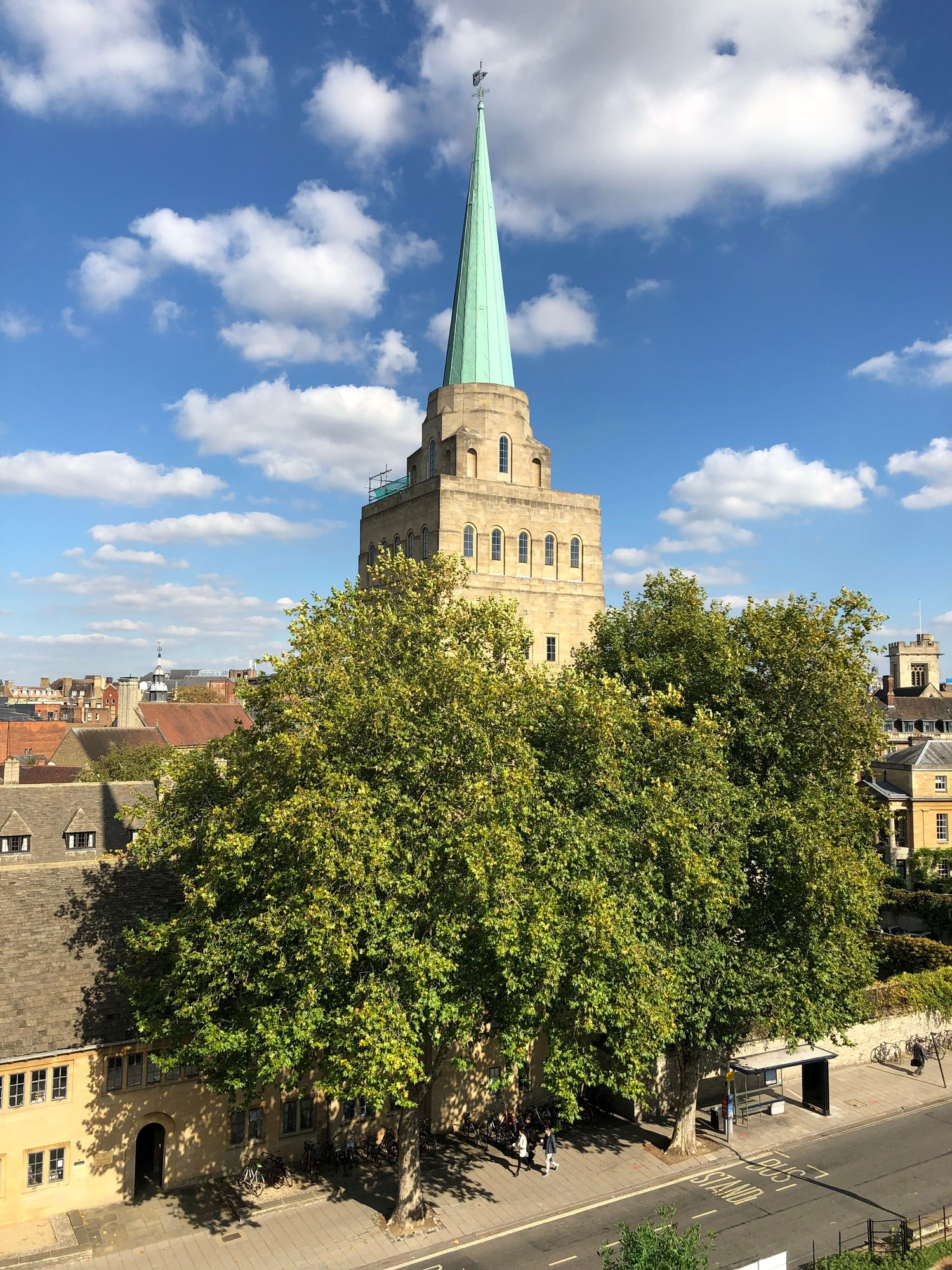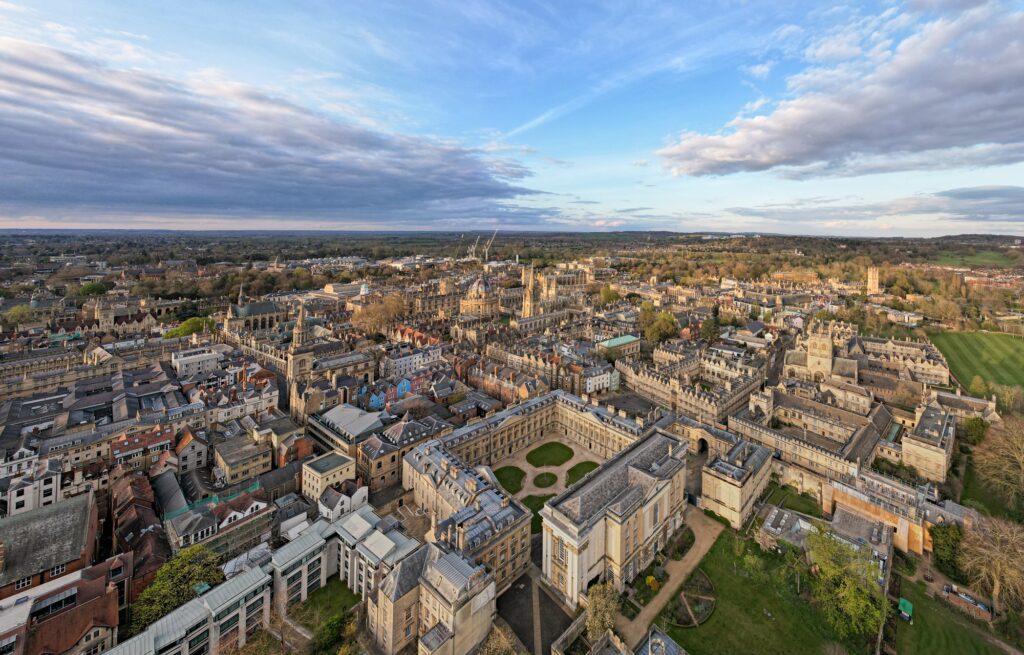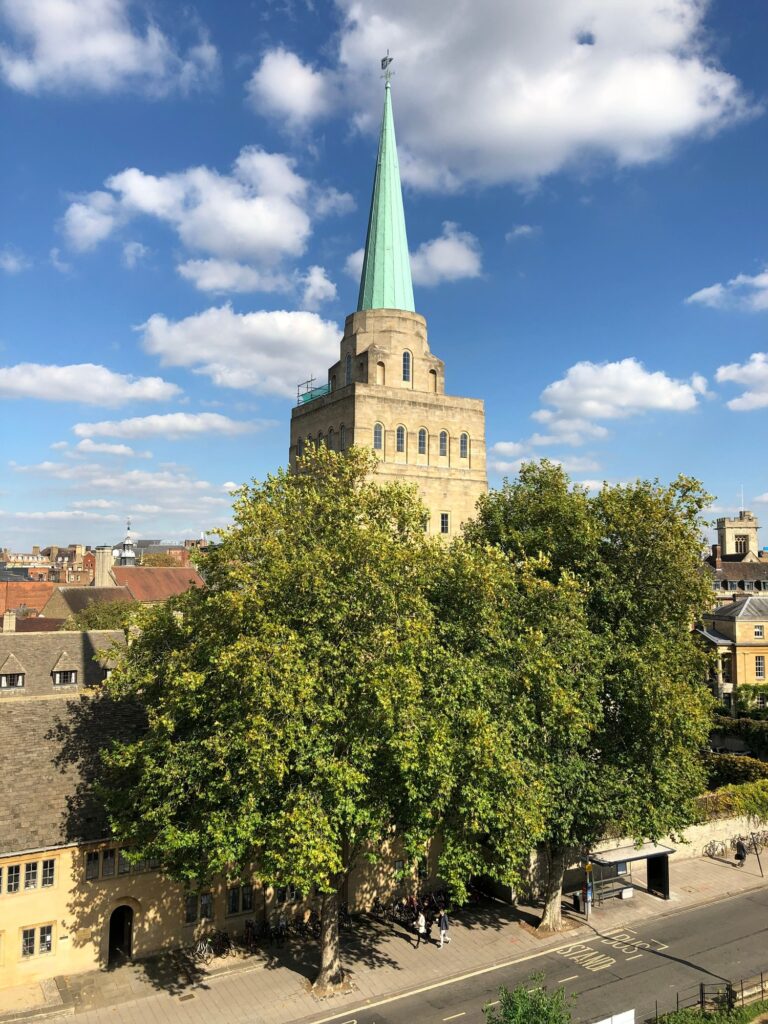Canada
Studying in Canada is an intelligent investment for Nepalese students looking for a quality higher education and brighter career prospects. Canada is known for its diversity and affordable high quality education system that has made it the first choice for many international students all over the world.
If you are looking for answers to why study in Canada from Nepal? Then this page covers all topics associated with study in Canada.
Why Study in Canada?
World-Class Education & Global Recognition
Canadian universities consistently rank among the best globally. Institutions like the University of Toronto, McGill University, and the University of British Columbia are featured in the QS Global Top 50 . Their degree programs are rigorous, research-intensive, and highly respected by employers worldwide.
Cultural Diversity & Safe Environment
Known for its multicultural policies and friendly atmosphere, Canada ranks among the safest countries in the world. International students benefit from inclusive communities and supportive campuses with services like mental health counseling and academic advising.
Career Pathways & Employability
International students can work on-campus or off-campus (up to 20 hrs/week), and full-time during academic breaks. After graduating, they're eligible for a Post-Graduation Work Permit (PGWP)—valid up to 3 years—enabling them to gain real Canadian work experience. Work experience significantly boosts employability and supports pathways to permanent residency.
Affordable Tuition & Living Costs
Tuition and living expenses in Canada are generally lower than in the US or UK. Undergrad fees typically range from CAD 15,000–20,000/year, while living costs hover between CAD 10,000–15,000 . Compared to U.S. averages of USD 32k–60k tuition and UK tuition around USD 25k–38k, Canada offers excellent value.
Scholarships & Financial Aid
Canadian government and institutional scholarships are available to international students, including prestigious awards like the Vanier Canada Graduate Scholarships (C$50,000/year for PhDs) , as well as the Lester B. Pearson and UBC International Scholarships. Be sure to apply early and prepare your applications ahead of deadlines.

Requirements to Study in Canada for Nepalese Students
To study in Canada, international students must meet a range of eligibility requirements. These include academic qualifications, language proficiency, financial capability, and visa-related documentation. While general criteria apply to most institutions, some universities or programs may have specific requirements.
Letter of Acceptance from a Designated Learning Institution
Your first step is securing an unconditional Letter of Acceptance (LoA) from a Canadian Designated Learning Institution (DLI). This must come from a university or college officially approved to enroll international students and is mandatory for your study permit application .
Proof of Language Proficiency
You’ll need to demonstrate your ability in English or French, typically through tests such as IELTS (overall 6.0–6.5), TOEFL iBT (80–100), or equivalent scores in PTE, CAEL, or CELPIP . The results must be valid and usually less than two years old at the time of your visa submission.
Financial Proof
You must show you can financially support your stay in Canada—covering tuition, living expenses (at least CAD 20,635 for one year), and return travel. Acceptable proof includes recent bank statements, a GIC, tuition receipts, education loans, or sponsor affidavits.
Study Permit Application with Supporting Documents
Once you have your LoA, language scores, and proof of funds, you can apply for a Canadian Study Permit online via IRCC. You'll need to submit your valid passport, LoA, financial documents, medical exam results, police clearance, and a clear Statement of Purpose (SOP) showing your study goals and intent to return home.
Scholarships to Study in Canada for Nepalese Students
For Nepalese students considering higher education in Australia, it is of the utmost importance to assess the financial components associated with this decision. Along with tuition fees and living expenses, various other costs, such as textbooks, must be taken into account. Fortunately, there are numerous scholarships to provide financial aid for Nepalese students. Here is a list of scholarship in Australia:
|
Scholarship
|
Amount
|
Eligibility
|
|---|---|---|
|
Vanier Canada Graduate Scholarships (CGS)
|
|
|
|
Canada Graduate Scholarships (CGS)
|
|
|
|
Trudeau Foundation Scholarships
|
|
|
|
Ontario Graduate Scholarship (OGS)
|
|
|
|
Canada-ASEAN Scholarships
|
|
|
|
Lester B. Pearson International Scholarships
|
|
|
|
Humber International Entrance Scholarships
|
|
|
|
University of Waterloo International Master's Award
|
|
|
|
Carleton University Entrance Scholarships
|
|
|
|
Global Leader of Tomorrow Award
|
|
|
|
Concordia University International Excellence Scholarships
|
|
|
| Scholarship | Amount | Eligibility |
|---|---|---|
| Vanier Canada Graduate Scholarships (CGS) | ||
| Canada Graduate Scholarships (CGS) | ||
| Trudeau Foundation Scholarships | ||
| Ontario Graduate Scholarship (OGS) | ||
| Canada-ASEAN Scholarships | ||
| Lester B. Pearson International Scholarships | ||
| Humber International Entrance Scholarships | ||
| University of Waterloo International Master's Award | ||
| Carleton University Entrance Scholarships | ||
| Global Leader of Tomorrow Award | ||
| Concordia University International Excellence Scholarships |
Intakes in Canada
Australia offers three main intakes for international students.

Fall
Intake
September
- Primary intake with the widest range of programs
- Application period: December 2024 – March 2025
- Most scholarships and co-op programs are available

Winter
Intake
January
- Secondary intake with a good selection of UG & PG courses
- Application period: September-November 2025

Summer
Intake
May
- Limited intake for select programs (especially diplomas and certificates)
- Application period: January-February 2026
Popular Courses
Universities In Canada

University of Greenwich
London, UK
Oxford University
Cambridge, UK
University of Belfast
London, UK
Nuffield College
Cambridge, UKHave a Question?
FAQ
Our FAQ section is designed to make your journey easier. We’ve compiled answers to the most common questions. Still need help? Reach out any day of the week, and our team will get back to you within 24 hours.
The cost of studying in Canada for Nepali students can vary depending on factors such as tuition fees, living expenses, and the chosen institution and programme. On average, international undergraduate students can expect to pay between CAD 15,000 and CAD 35,000 per year for tuition fees. Living expenses, including accommodation, food, transportation, and personal expenses, can range from CAD 15,000 to CAD 20,000 per year. It’s important to research specific university costs and living expenses based on the chosen programme and location.
Yes, Canada is considered a popular destination for Nepali students seeking higher education. Canada offers high-quality education, a welcoming and inclusive society, a safe and peaceful environment, and various opportunities for personal and professional growth. Canadian institutions provide a diverse range of programmes and have a strong reputation globally. Additionally, the availability of post-graduation work opportunities and pathways to permanent residency make Canada an attractive choice for Nepali students.
The GPA requirement to study in Canada from Nepal can vary depending on the institution and programme of study. Canadian universities and colleges typically have their own specific admission requirements. Generally, a minimum GPA of 2.7 or higher on a 4.0 scale is considered competitive for undergraduate programmes, while graduate programmes may require a higher GPA, typically around 3.0 or above. It’s important to check the admission requirements of the specific institutions and programmes you are interested in for the most accurate GPA requirements.
The earnings of Nepali students in Canada can vary depending on several factors, including the type of employment, location, industry, and individual qualifications. During their studies, international students in Canada are typically allowed to work part-time on or off campus. The average wage for part-time jobs can range from CAD 12 to CAD 18 per hour. After graduation, the earnings of Nepali students in Canada will depend on the job field, their experience, and the specific employer. It’s advisable to research average salaries in your chosen field and consider individual circumstances when assessing potential earnings.
Canada provides pathways for international students to transition from temporary study permits to permanent residency. While it is possible to obtain permanent residency (PR) after studying in Canada, the process and requirements can vary. Graduates may be eligible to apply for programmes such as the Post-Graduation Work Permit (PGWP) and the Canadian Experience Class (CEC), which can lead to permanent residency. However, obtaining PR is not automatic, and specific criteria such as work experience, language proficiency, and educational qualifications must be met. It’s advisable to familiarise yourself with the immigration programmes and consult the official websites of the Government of Canada for the most accurate and up-to-date information on obtaining PR after studying in Canada.
Want to Study in the Canada?
Ready to make your Canada Dream come true?
Get personalized counseling and find your ideal university.
Get personalized counseling and find your ideal university.
